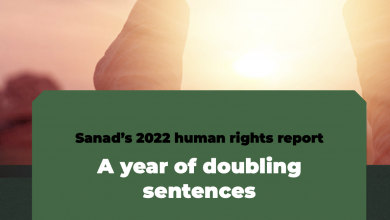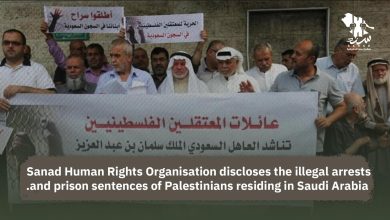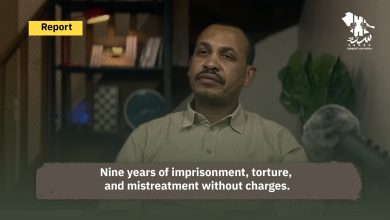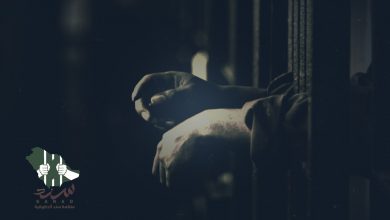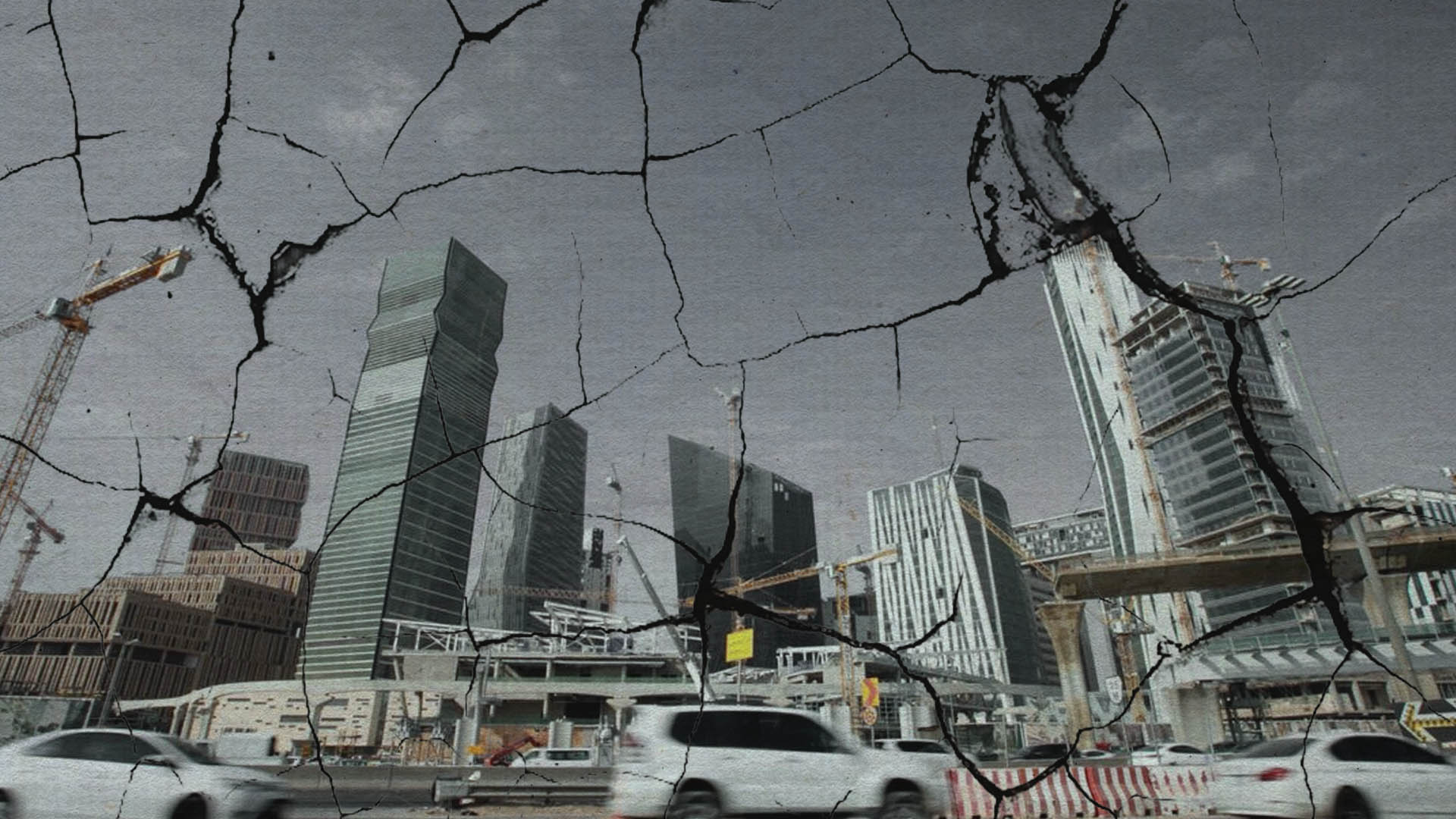
A fragile country without effective institutions
Introduction
In all countries of the civilised free world, the state consists of three basic entities that integrate to build a productive society and a strong economy, and a state in which rights are considered and duties are defined. The three entities are: the government sector, the private sector, and civil society institutions or what is known as the third sector.
Civil society institutions generally refer to entities that are created by people and work for a common cause. They include non-governmental organisations, trade unions, charitable organisations, religious organisations, professional unions, and charitable foundations. The common feature that unites all civil society institutions, despite their diversity, is their independence from the government and the private sectors, at least in principle. From this definition or description, it can be said that the existence of effective civil society institutions that play a monitoring role and seek to achieve the demands of the groups that represent it is extremely important. Indeed, it is the manifestation of the demands and interests of the wider groups of society. The existence of civil society is not something optional; it arises in any society because the very nature of human societies necessitates it. Their reality and effectiveness are what matters.
The reality of civil society institutions in Saudi Arabia
The existence of civil society institutions that have an effective, genuine legal role is the true test of any country. The extent of importance of the first two sectors – the clarity of their role and limits of influence, will determine whether the third sector will be diminished or absent in a country, such as Saudi Arabia.
Despite the important role that civil society institutions play in any country, in Saudi Arabia they are almost non-existent in aspects related to demands or blocs, as well as parties and trade unions. All existing civil society institutions are existential through government permits and outdated bureaucracies, and are supervised by the government sector, playing specific roles in favour of the first sector.
Recently, Saudi authorities have deliberately curtailed the role of this sector in a relentless attempt to eradicate it. During the new era of King Salman and his son, a number of charitable societies and advocacy institutions that are considered civil society organisations were closed and many others restricted, with some being adapted into first sector. A new concept was created from the third sector that calls out in support of the government’s demands and works to shine its image, rather than being the reform element used by society. An example is the MiSK Foundation, which is affiliated with Mohammed bin Salman. The programs that the charity follows and is supportive of are part of the first sector, in violation of all the goals of civil society organisations worldwide.
But the important question is why Saudi Arabia fights civil society organisations. Historically, historian Ibn Khaldun answered this question and his answer is still valid today. He said: “All despotic states seek to achieve effective monopoly of power and all sources of power in society for the benefit of the ruling class or elite.” In short, the authoritarian state wants to be everything and monopolise everything.
In all authoritarian countries, the phenomenon of repressing these institutions is repeated by various means, such as restrictions on their obtaining of licenses, prevention of publications, closure, arrest, travel bans, espionage, infiltration, threats, etc. However, civil society institutions did not exist in their effective form in Saudi Arabia, for authorities did not allow them to exist in the first place.
So clearly, Saudi Arabia’s fight against the establishment of civil society institutions is an extension of its authoritarianism and an expression of its authority and the continuation of repression and war on freedoms, and its fear of society’s vigilance to demand its rights or gathering to express its opinion. No platform that represents freedom or a bloc that collects demands is permitted, let alone political pluralism or community participation.
A repercussion of the lack of civil society institutions in Saudi Arabia is the dire situation in which we see the Shura Council, for it is a council without powers. Rather than being the true voice of the people, demanding their rights and defending their issues, we find the Council acting as a voice of the government and its executive hand should it need to implement the opposite of what the people desire. Thus, it is but an honorary position with no trace of its members in any case. If there were institutions, unions and civil and community groups, there would be a true representation of the people and the Council would become their actual voice. Before the Shura Council, there were the farcical municipal council elections that represented nothing but themselves.
Where is the solution?
There is no solution except by activating existing civil society institutions and expanding the establishment of new organisations and unions based on common demands without the tutelage or control of the government sector. Change inevitably begins within society, and it is society that must move to implement such change. It is for this very reason that we see the government silencing any free voice or any call to participate or any demand that makes the people’s voice stronger.



